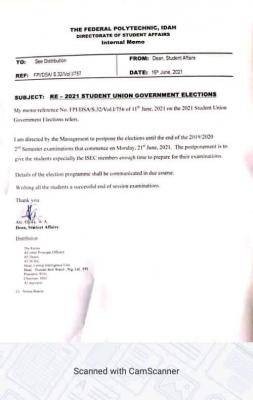
Testing has been the most typical way of showing one’s skills regarding a subject or task since the beginning of time. Some people are brilliant test-takers, others not so much. For most students, the probability of success on a test comes down to two things: Whether or not you paid attention while learning the material and whether or not you studied the material afterwards.
Yes, there are different things that factor into achievement of a ‘good’ test score, but those are the main two, and it all adds up to preparation.
Need help? Learn how to bone up on your next test with the help of these top 8 tips on acing exams like a pro:
Pick the right time: Do not study when you are tired. It is better to study for two hours in one day, rather than trying to cram that lost time going over material at 2AM in the morning! You will not remember much, and you are definitely likely to stop before you have studied what you need.
Rewriting: Rewriting your notes is great if you are a kinesthetic learner and, fact is, most people learn by doing. That is, when you re-write something it refreshes your memory. If you took notes a month ago, and just found out that those notes will be relevant in your test, rewrite! In short, rewriting your notes will make them easier for ‘total recall’ at exam time.
Difficult topics: If it is math you’re studying for, work on the problems. Don’t just read over it like you would for a history class. (You can actually do math, but unless you’re a reenactor, you can rarely “do “history!) Working problems out will help burn them into your mind, and remember: if you cannot solve the problem before the test, you more than likely will not be able to solve it on the exam either. If you are studying for a more social subject, do your research! Be sure you know what you’re talking about.
Plan ahead: Always create a plan before you start studying, not to mention that this plan has to be achievable. If out of five lessons, three are easy and can be completed quickly, finish them first. This way you can spend quality time on the difficult lessons without being a worry wart. Small tricks like these will help you complete your sections in a blink!
Take breaks: You need some time to have fun! It is better to revise when you are feeling relaxed than to wipe yourself out with studying all day, every day. A condition to this step is: you need to avoid procrastination! DO NOT wait forever.
Review: When you are finished studying one page of your notes, before you move on to the next page ask yourself questions relating to the material to see if you have remembered what you just studied. TIP: It also helps to say the answers to your questions out loud as if you were trying to explain it to someone else.
Surroundings: Under what circumstances do you prepare the best? Comfy attire, inside/outside, with or without music and TV? In any scenario, you probably will not be able to study while there are annoyances such as the following:
Your darling little sibling is running through the house, or your older brother or sister are bothering you. Ask your parents for help in distracting them from distracting YOU. Your music is not relaxing, or is a song you want to sing along to rather than studying. Turn down the volume.
It is too dark: Your eyes will hurt in dim light. Turn up the wattage!You are in a mess. Clean your room, as the mess around you really can distract you from what you are doing.
Ask for help: Last, but not least: If you need help, ask someone who is good at what you are studying. These people may include: teachers, family, friends, smart folks with whom you are not yet acquainted.
Regardless of what your study habits are, the end result should be that you understand what you are preparing to be tested on so you can walk into the class ontest day feeling confident and refreshed.


